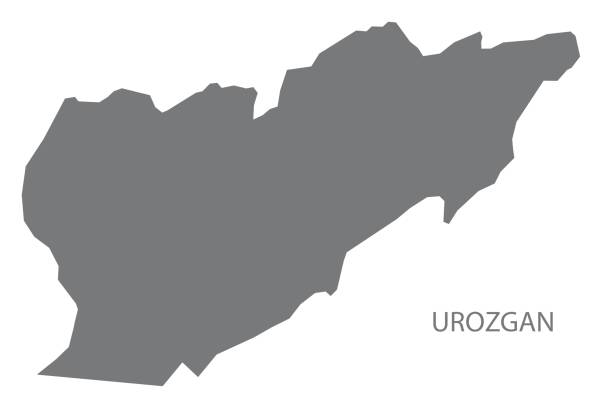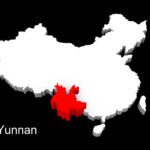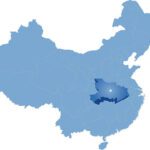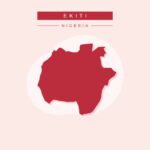The Center for the Scientific Study of Families reports are designed to provide relevant information about the conditional state of families in a specified context. The report provides information such as population, culture, family structure, and family life.
Family reports are an important tool for improving the lives of families. By providing information about the family’s conditional state and context, family reports can help improve communication between families and service providers and lead to better outcomes for families and children.
Introducing Uruzgan, Afghanistan
Uruzgan is located in the center of Afghanistan, bordering Kandahar, Daykundi, Ghazni, Zabul, and Helmand provinces. Uruzgan covers an area of 12,640 square kilometers. Much of the province is mountainous or semi-mountainous terrain, while the rest of the area is made up of flat land. The population of Uruzgan is about 436,000 people. The capital of Uruzgan is Tarinkot. Other major cities in the province include Chora, Deh Rawud, Khas Uruzgan, and Kijran.
Uruzgan has a long, interesting history. It was once part of the ancient kingdom of Arachosia and was ruled by the Medes, Achaemenids, Greeks, Scythians, Kushans, Arabs, and Mongols. In the 18th century, Uruzgan became part of the Durrani Empire, and it remained part of Afghanistan ever since.
The security situation in Uruzgan is still unstable, and the province remains a major challenge for the Afghan government. However, there have been some positive developments in recent years, such as the construction of new roads and schools. Uruzgan has also seen an increase in economic activity due to the growth of the poppy cultivation industry.
Cultural and Ethnic Diversity
According to the U.S. Naval Postgraduate school, there are three main cultural and ethnic groups in Uruzgan: Pashtuns, Hazaras, and Tajiks. A more in-depth breakdown is as follows:
Pashtuns are the majority ethnic group in Uruzgan, accounting for about 60% of the population. They are a Sunni Muslim people who speak Pashto, a language that is closely related to Persian. Pashtuns are traditionally nomadic people, but many have now settled in villages and towns.
Hazaras are the second-largest ethnic group in Uruzgan, accounting for about 30% of the population. They are a Shi’a Muslim people who speak Hazaragi, a dialect of Persian. Hazaras are traditionally a farming people, but many have now moved to cities to find work.
Tajiks are the third-largest ethnic group in Uruzgan, accounting for about 10% of the population. They are a Sunni Muslim people who speak Tajik, a language that is also closely related to Persian. Tajiks are traditionally trading people, and many have now settled in cities.
In addition to these three main ethnic groups, there are also a number of smaller ethnic groups in Uruzgan, including Aimaqs, Turkmens, and Uzbeks. These groups make up a small percentage of the population, but they play an important role in the cultural and economic life of the province.
Family Demographics
In general, family structure in Uruzgan is patriarchal. The husband is the head of the household, and he makes the major decisions. However, women play an important role in the family, and they are responsible for raising children and managing the household. Polygamy is legal in Afghanistan, but it is not common in Uruzgan, as it is losing support among powerful groups in the country. Most families are monogamous, and there is a strong social stigma against polygamy. Divorce is also legal in Afghanistan, but it is also not common in Uruzgan. Most families stay together, even if they are facing challenges.
At just 5%, Uruzgan has the lowest literacy rate in Afghanistan. The low literacy rate is due to a number of factors, including poverty, conflict, and lack of access to education. The province is one of the poorest in Afghanistan, and many families cannot afford to send their children to school. Conflict has also disrupted education in Uruzgan, and many schools have been closed or damaged. Finally, there is a lack of qualified teachers in Uruzgan, and many schools do not have the resources they need to provide a quality education.
Conclusion
Family life in Uruzgan, Afghanistan, is deeply rooted in cultural heritage, ethnic traditions, and historical dynamics. While this report provides a general overview of family dynamics among the major ethnic groups, it is essential to recognize that individual experiences may deviate from these trends. The complex interplay of cultural norms, economic conditions, and societal changes continually shapes family life in Uruzgan. Understanding these dynamics contributes to a deeper appreciation of the rich tapestry of family traditions in the province.





